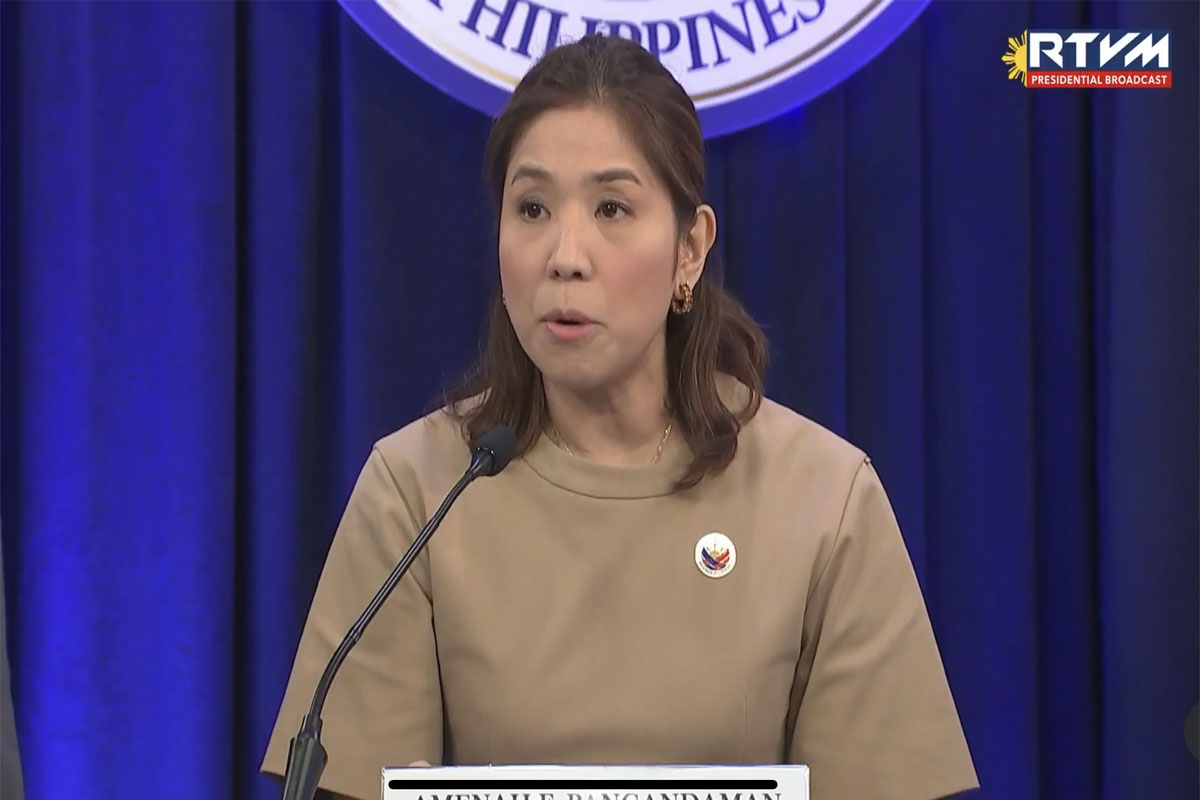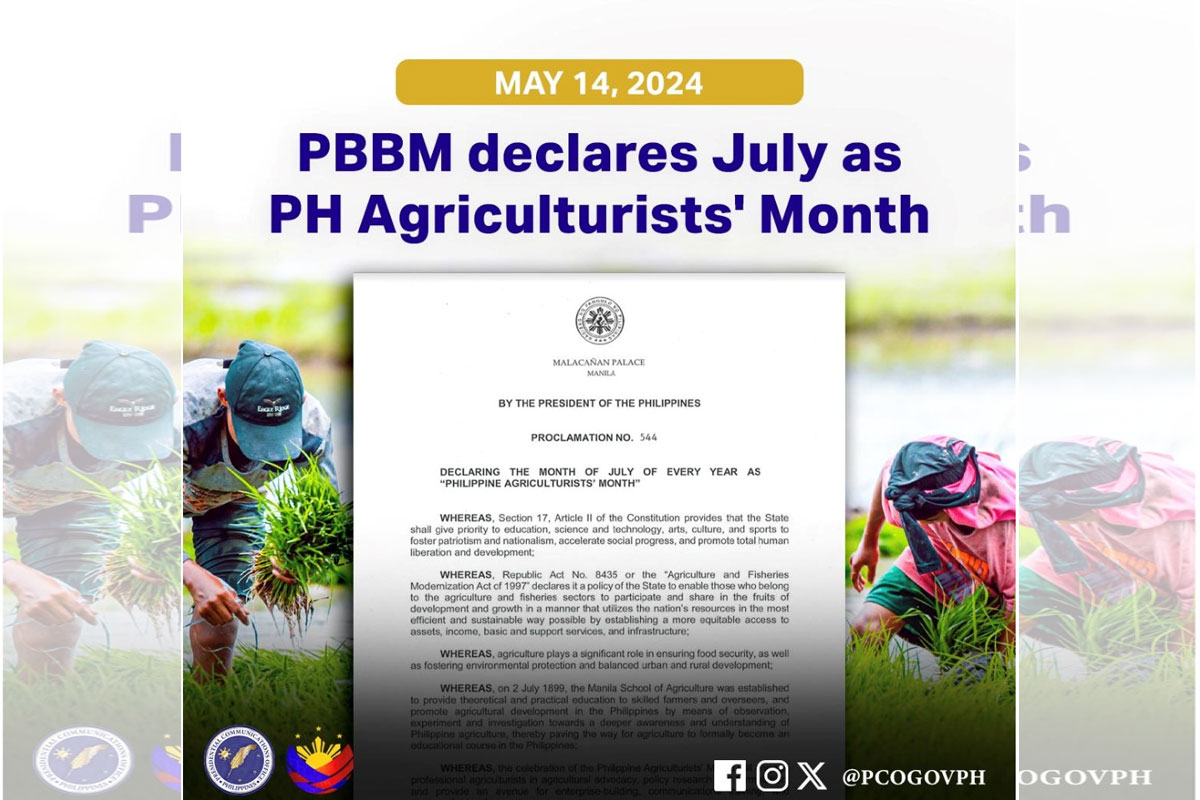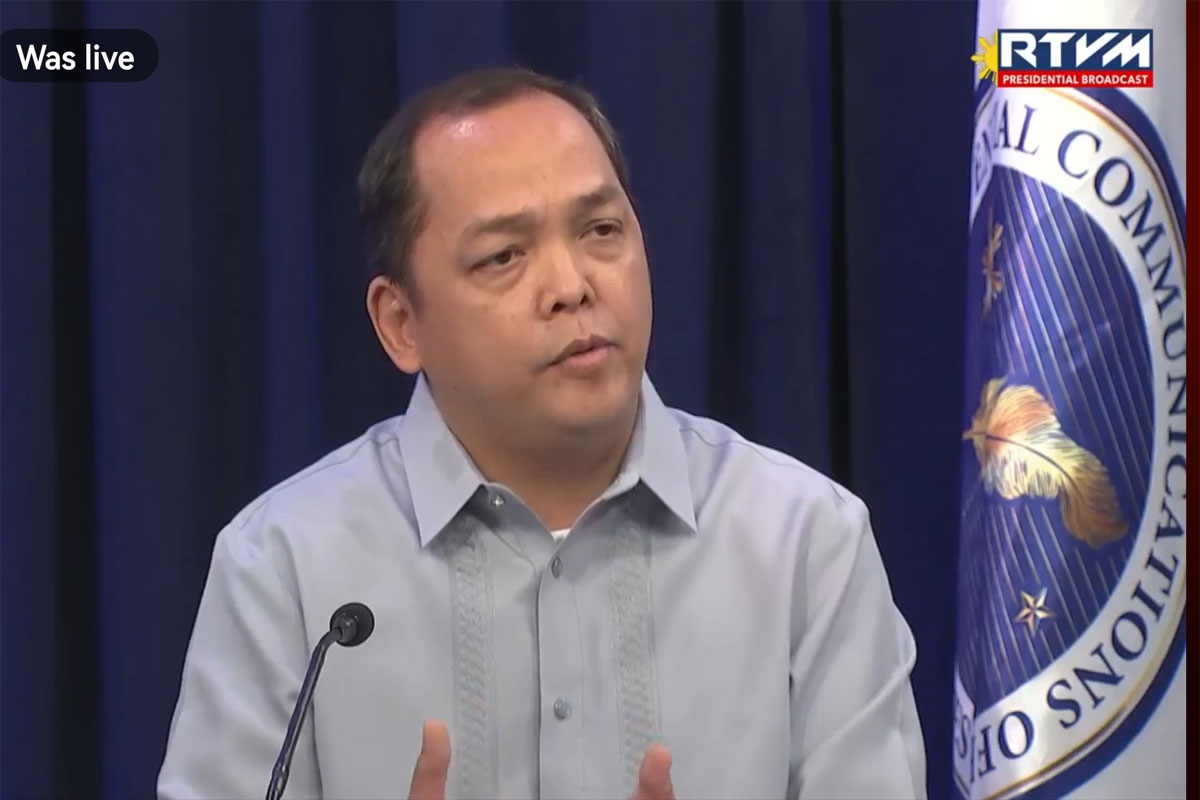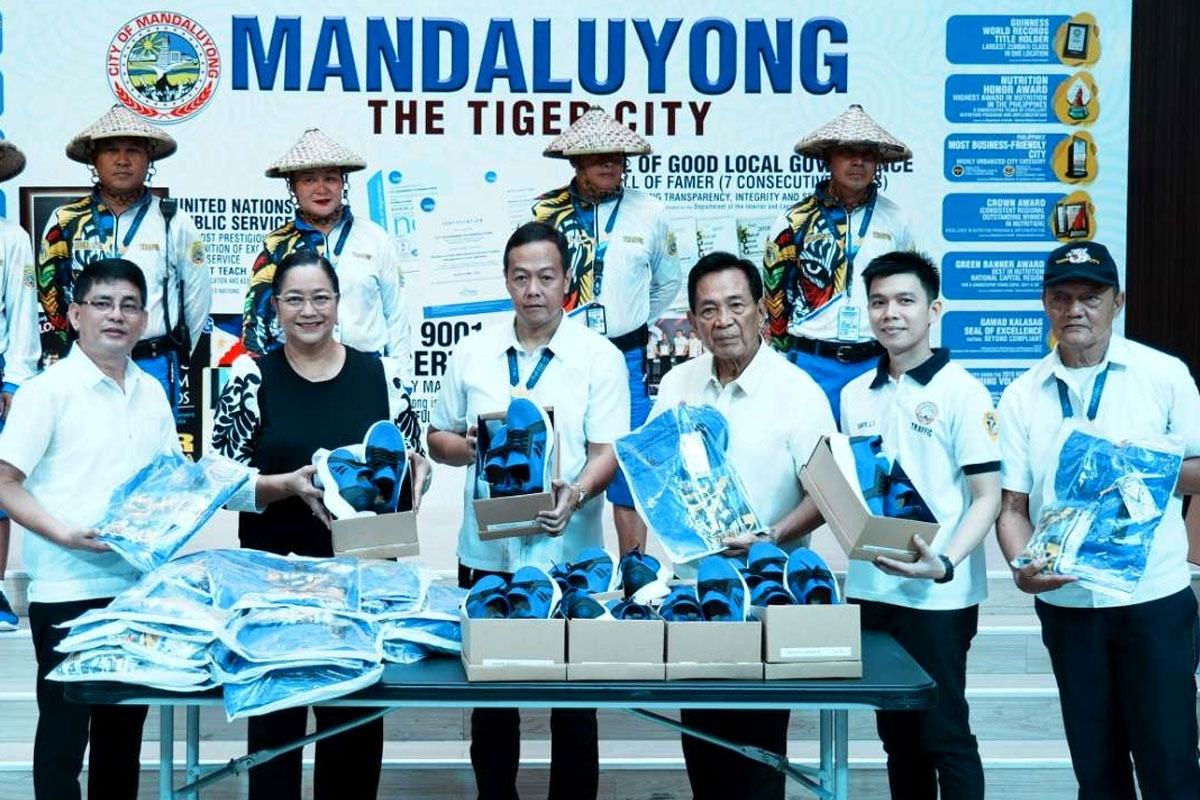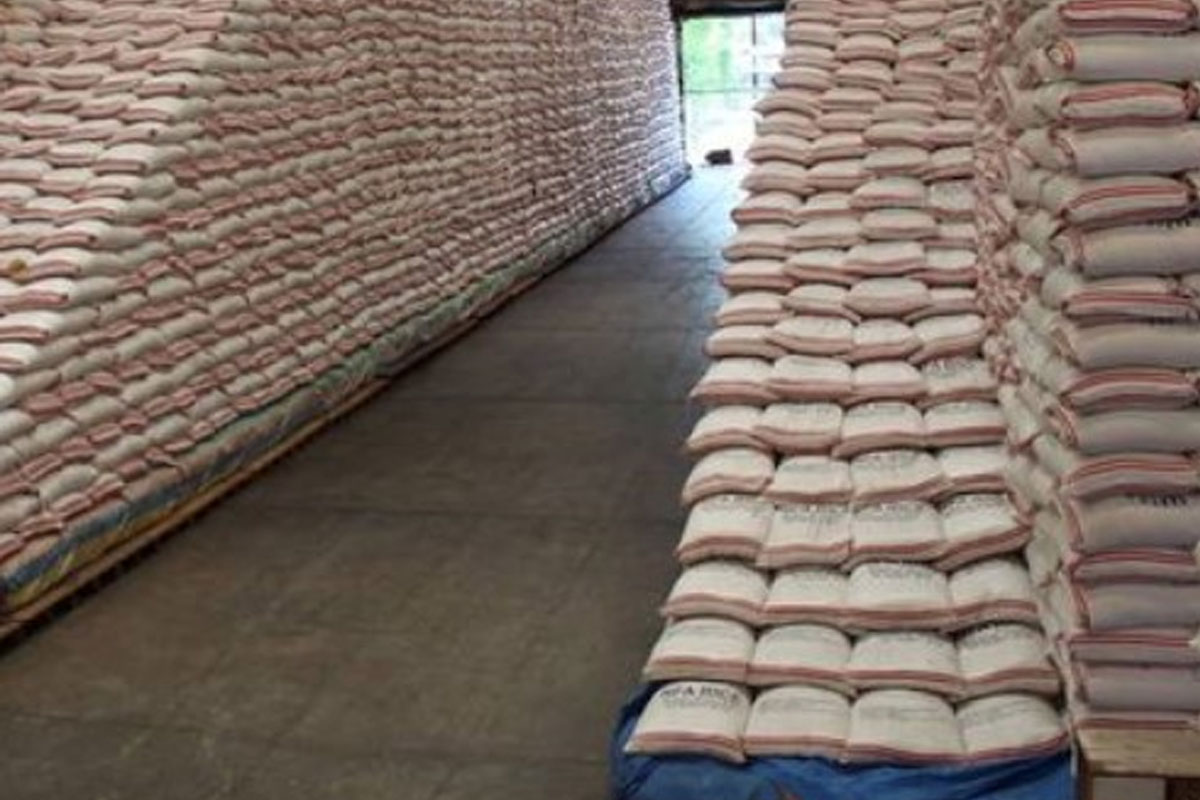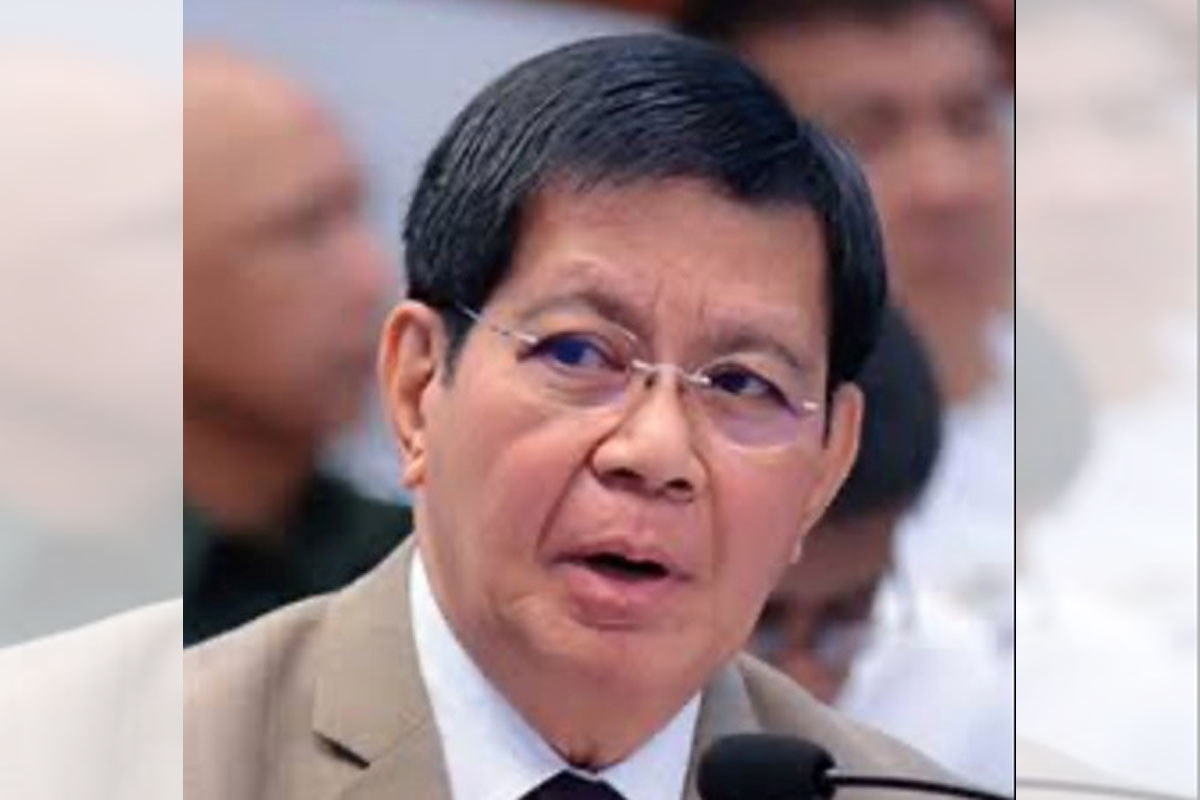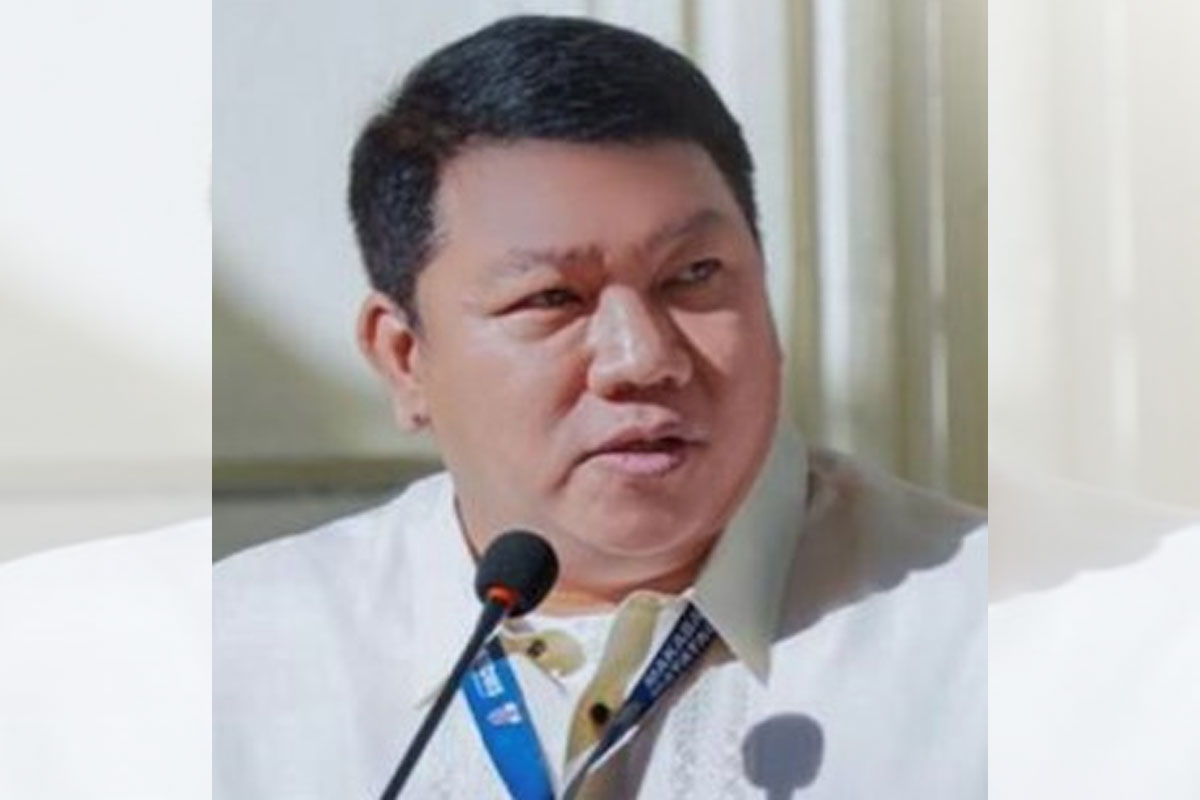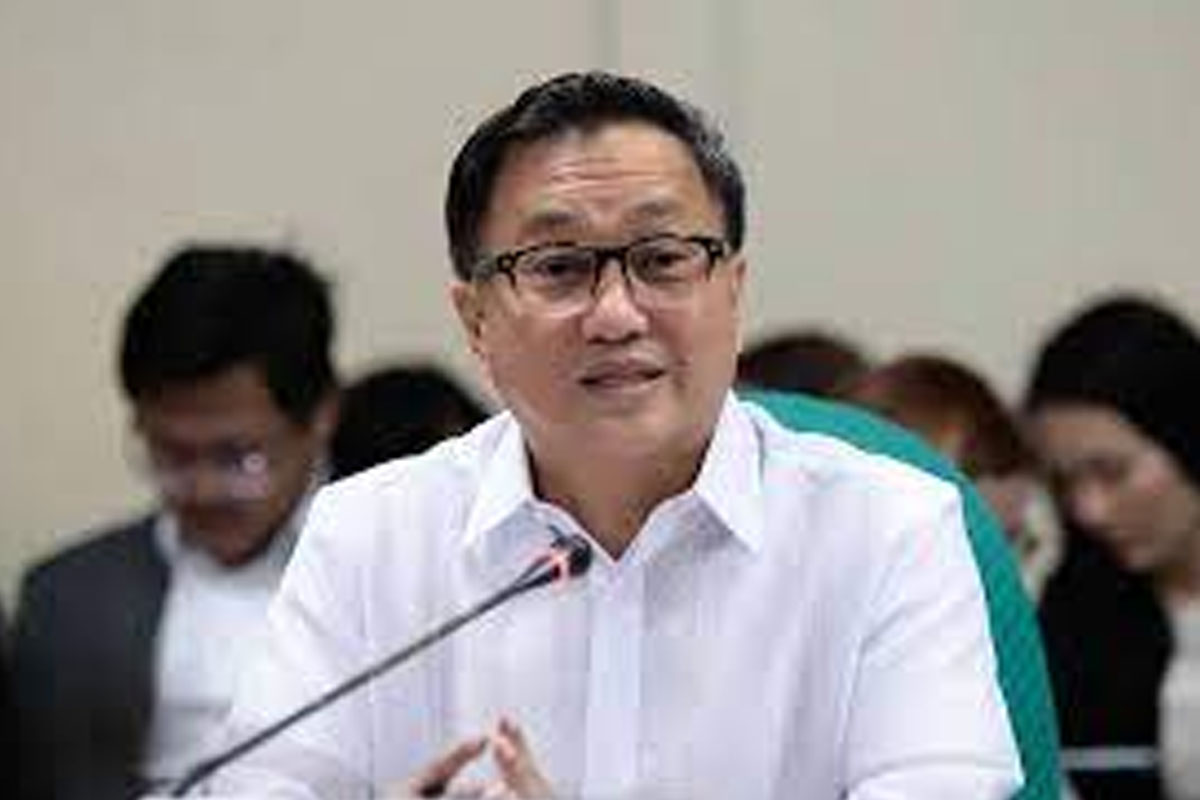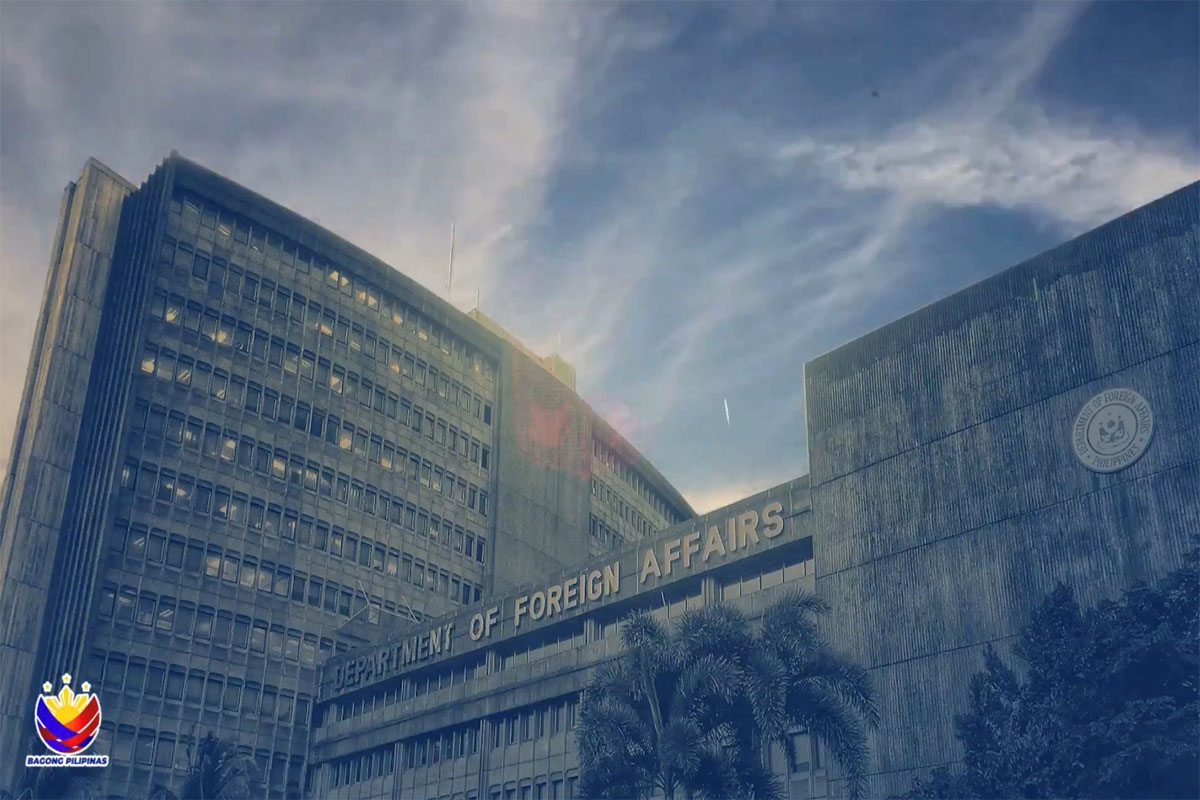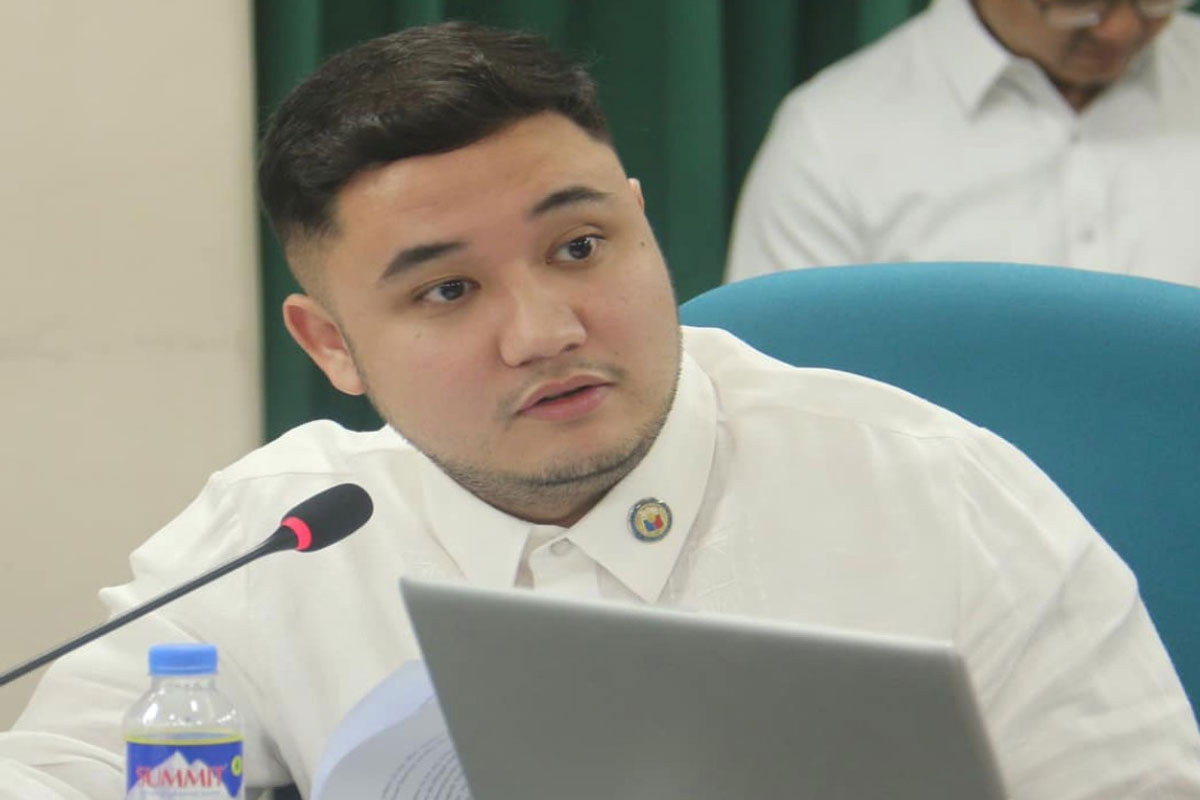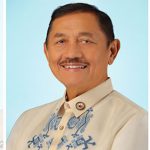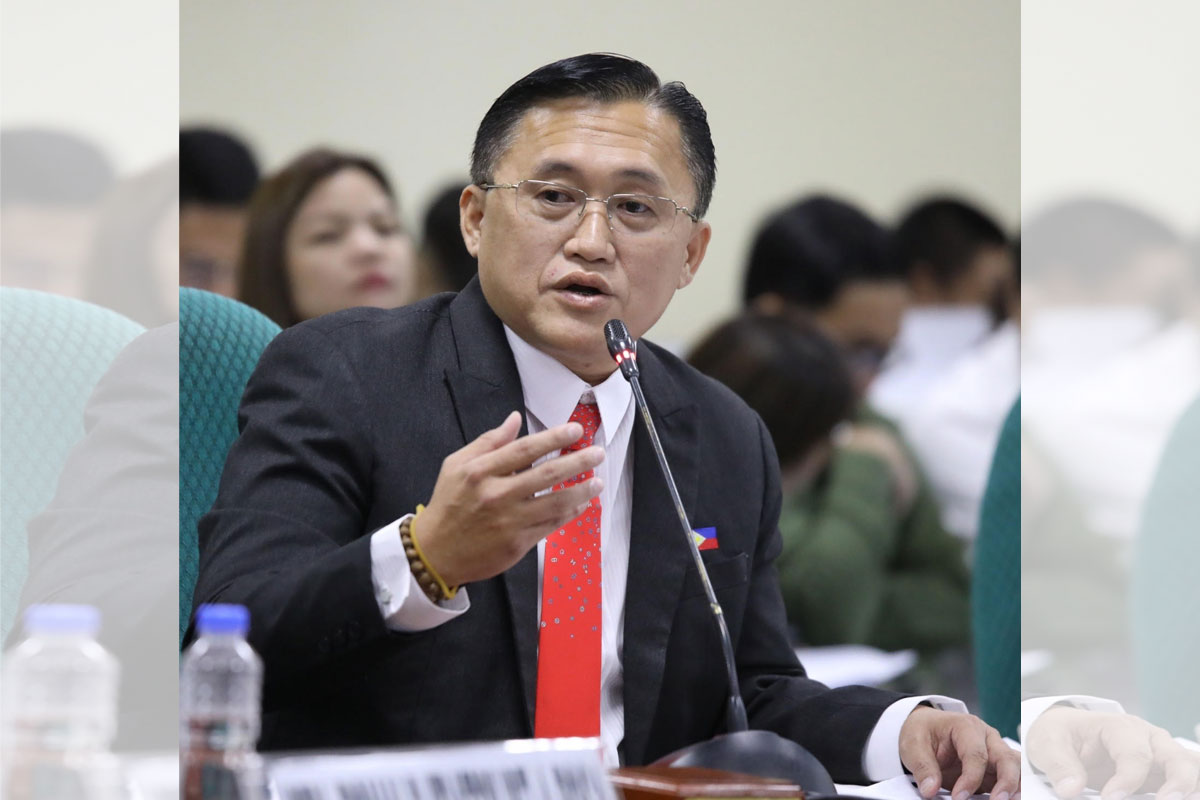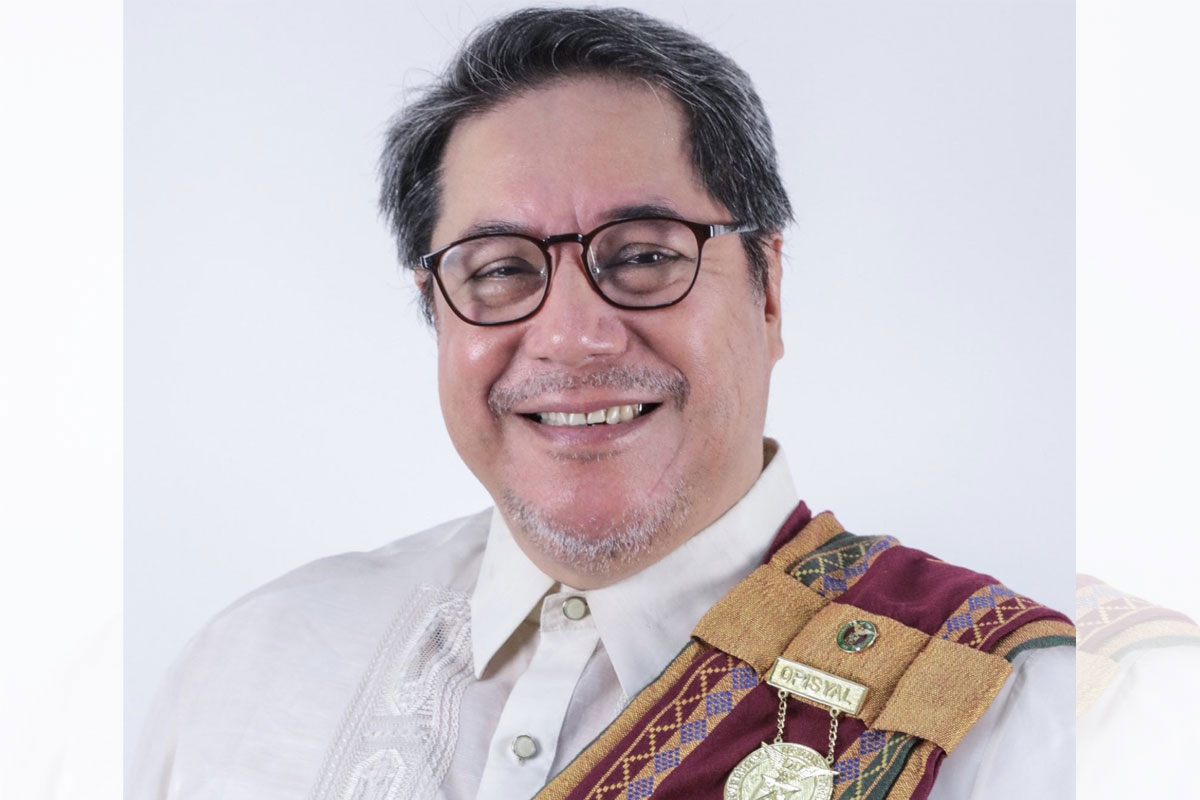
Herbosa supports legalization of medical cannabis—Villafuerte
HEALTH Sec. Teodoro Herbosa has told the 19th Congress that he supports the legalization of the medical use of cannabidiol (CBD), according to Camarines Sur Rep. LRay Villafuerte who said that CBD refers to cannabis oil or the strain of the now illicit marijuana plant that is not addictive and do not produce a buzz or “high” for users.
Two committees of the House of Representatives kicked-off their joint discussions before the congressional break on 9 pending bills seeking to legitimize the medical use of marijuana.
These bills include Villafuerte’s proposal—House Bill (HB) 4208—to create a state agency to oversee the production and marketing for export of the non-addictive CBD that has no psychoactive property that produces a “high” like that experienced by marijuana users.
When Villafuerte, who is majority leader of the bicameral Commission on Appointments (CA), asked Herbosa during the recent CA hearing on his ad interim appointment as head of the Department of Health (DOH) whether he supported the legal use of cannabis oil for medical purposes, the DOH Secretary said yes.
“We are in favor of the legalization of medical use of marijuana and its products, your honor,” Herbosa said.
This prompted Villafuerte to say at the CA hearing: “Thank you for saying that. I’m very happy because I strongly advocate this. Over 60 countries all over the world have already legalized medical cannabis. And I don’t know why the Philippines is delaying this. What do the 60 countries know that we don’t? The only news that I have read from these 60 countries is that (medical cannabis) is very beneficial, and, secondly, their revenues have increased (from its medical use).”
“Wala pong namatay sa overdose or an increase in crimes,” Villafuerte said. “So I am very happy to hear that is your stand because during past congressional discussions on the legalization of medical cannabis, DOH representatives strongly opposed the legalization of medical cannabis.”
The CA majority leader said that while Herbosa is now saying that he was in favor of cannabis’ medical use, “Ang sinasabi po nila (other DOH officials) ay hindi na pala kailangan i-legalize dahil meron na raw … na allow na ang use ng medical cannabis through a compassionate permit. Is that correct?”
Herbosa replied, “That is correct, your honor, there is a compassionate use permit given by the FDA (Food and Drug Administration), pero ito po ay napakahirap, kasi ire-request pa ng isang doktor sa FDA yung paperwork bago ma-import ‘yung medical cannabis.”
In the previous House committee discussions on HB 4208, Villafuerte said he found out that only one such compassionate permit has been issued thus far, and this was not actually used by the applicant because of the “tedious” process for application and the prohibitive cost of importing the drug.
“Inabot ng taon ang processing. By the time na ma-approve ‘yung permit, napakamahal na mag-import. I mean this is anti-poor,” Villafuerte said. “The use of medical cannabis is used right now for treating epilepsy syndromes, complementary treatment for cancer, treatment of anxiety or for insomnia and chronic pain, treatment of multiple sclerosis, treatment of Parkinson’s disease.”
Villafuerte said that the proposed establishment of the Philippine Cannabis Development Authority (PhilCADA) to regulate the domestic production of CBD would, once approved, eventually lead to the local, regulated supply of CBD as a pain reliever that will become more accessible and affordable for Filipinos afflicted with certain diseases.
He noted at the CA hearing that the United States FDA has already approved medicines that contain cannabis, such as Epidiolex, Sativex, Sinemet and Marinol. “So right now there are hundreds of patents being applied regarding this, with the top pharmaceutical companies applying for patents for cannabis. They probably know something we don’t.
“I am thus appealing to the DOH to study this, and, if you support it, push for it,” Villafuerte told Herbosa. “Yun lang po request namin kasi sayang po while other countries such as Thailand are reaping the benefits of medical cannabis and the higher revenues, tayo po ay parang babagal-bagal … at sana huwag na po tayo maiwanan.”
“And you mentioned in this hearing that you’re in favor. I hope that this is not just a personal opinion. I hope this is the policy of the DOH because some members of the DOH family, when they were invited to the Congress to discuss the legalization of cannabis, were strongly opposing it,” added Villafuerte, who is president of the National Unity Party (NUP).
“Yes your honor … We will pursue this …,” replied Herbosa.
In HB 4208, Villafuerte is seeking the congressional approval of his long-proposed establishment of PhilCADA to take charge of the cultivation of legitimate marijuana and the conversion and sale of CBD or cannabis oil for medical purposes.
The House committees on dangerous drugs and on health held a joint hearing two months ago on HB 4208 and 8 other bills on the legalization of medical cannabis.
Surigao del Norte Rep. Robert Ace Barbers, who chairs the dangerous drugs panel, moved at that joint hearing for the creation of a Technical Working Group (TWG) to consolidate Villafuerte’s bill with the 8 other similar measures, including those separately authored by former President and ex-Speaker Gloria Macapagal-Arroyo, former Speaker Pantaleon Alvarez and Deputy Majority Leader Antonio Albano.
The 8 other bills either seek to legalize cannabis for medical treatment or strike it out of the government list of dangerous drugs.
Heading the TWG are Batangas Rep. Gerville Luistro and Malasakit at Bayanihan Rep. Anthony Rolando Golez Jr.
Barbers presided over that August joint hearing with Batanes Rep. Ciriaco Gato Jr., who chairs the House health committee.
Villafuerte stressed at the joint hearing that his proposal should not be deemed in any manner to advocate, promote, authorize or legalize the recreational or non-medical use of the cannabis plant.
“This bill (HB 4208) actually supports all the other measures previously mentioned, Mr. Chair. The difference of this bill is that it wants to establish the PhilCADA,” he said.
“The rationale behind establishing an Authority is that we need a new state agency to strictly focus on the product, on cannabis … to research, promote, cultivate. Importante po yan kasi hindi po pwedeng i-legalize natin tapos bahala na po ang DOH,” added Villafuerte, who had authored similar measures in the past two Congresses.
Villafuerte’s earlier proposals on medical cannabis were passed on third and final reading by the House in the 17th Congress, and was approved at the House committee’s TWG level in the 18th Congress.
In the 19th Congress, Villafuerte refiled his bill with fellow CamSur Reps. Miguel Luis Villafuerte and Tsuyoshi Anthony Horibata along with the Bicol Saro partylist.
He pointed out at that joint hearing that other countries with zero tolerance for drug trafficking like China, Thailand and Singapore are either already producing medical cannabis or considering the legalization of the drug for medicinal purposes.
Thailand’s military government had unanimously approved medical marijuana use, despite the country’s strict narcotics laws, which imposes the death penalty on drug users, he said.
He said the measure is expected to benefit not only ailing Filipinos in need of the revolutionary treatment offered by the drug but also the national government in terms of export revenues that can be tapped from its potential $75-billion market, as medical cannabis is now legal and used for health, scientific and research reasons in 60 countries across the globe.
Villafuerte said “the sale of CBD products in the USA has exploded into an over $390-million-per-year industry. And by 2030, they are already projecting revenue sales of $75 billion. In Europe, the value of the cannabis market value there soared in 2018 with 500 million euros invested in various European cannabis businesses. This cannabis market in Europe is estimated to grow to 123 billion euros by 2028, or five years from now, according to the Davos World Economic Forum.”
He said that CBD is a non-addictive, non-intoxicating strain of the cannabis (marijuana) plant that is different from tetrahydrocannabinol (THC), which is classified in the Philippines as illegal as it delivers the euphoric “high” for users, leading to addiction.
“I truly believe that cannabis is a healing compound, healing plant. More than that, it can be a cash crop. In China alone, they’re supplying more than half of the world’s hemp. While it is illegal in China to plant—to consume marijuana for medicinal and others—it supplies half of the world’s hemp, and when you say hemp, that is CBD, wala pong psychoactive property yan,” he said.
CBD is legal in 31 states of the US and in 59 other countries, while THC is illegal in almost every part of the world, Villafuerte noted.
He pointed out that this plant was already being used in Asia 6,000 years ago as an ingredient for food or medicine, and that it was the US government that had criminalized marijuana, and yet it was also the first one in the whole world to eventually decriminalize it.
“In fact, there are already over 60 countries that have legalized it for medical or recreational use, and I have yet to read any single article claiming that the crime rate had increased after its legalization in a particular place,” he said.
What had increased after legalization, he said, is the revenue generated from its legitimate sale, he said.


